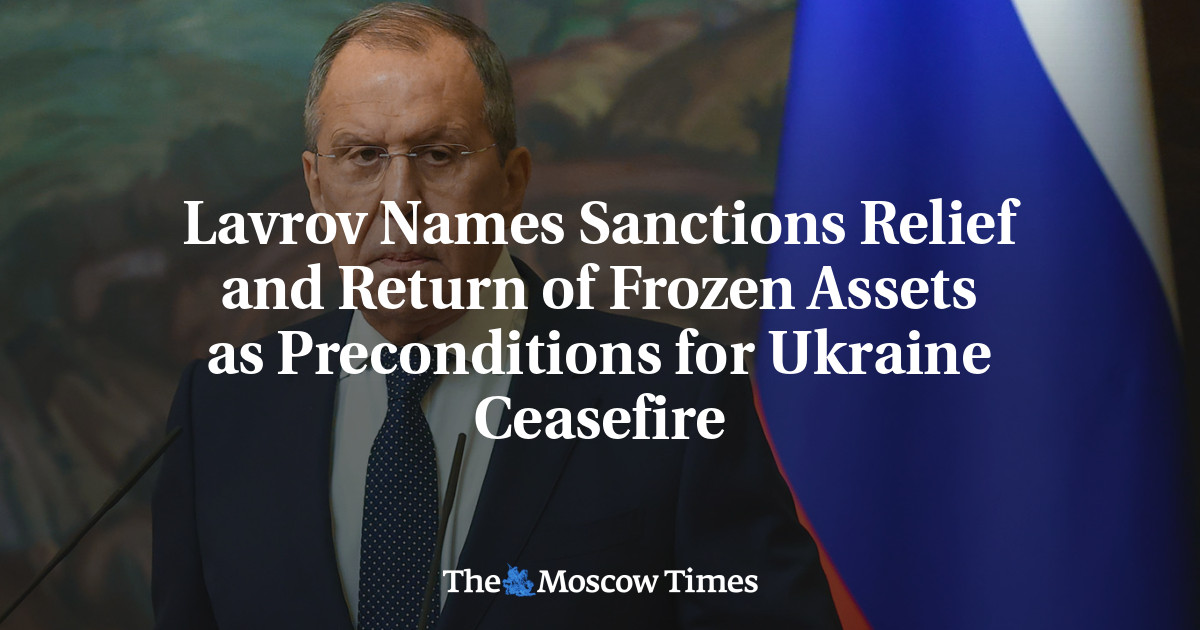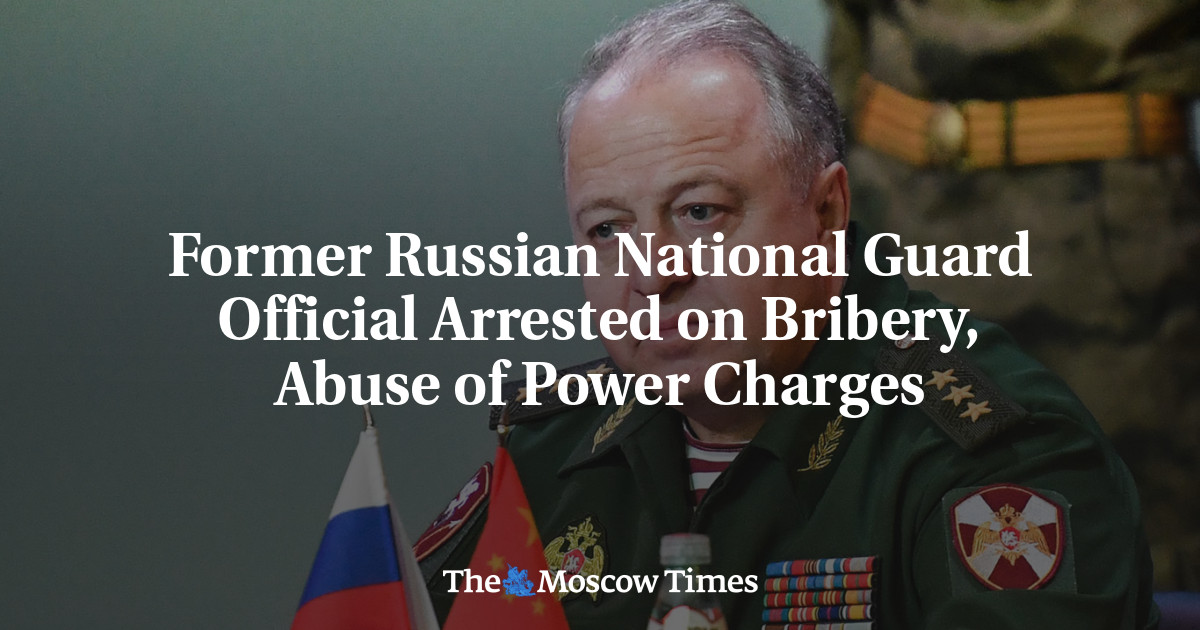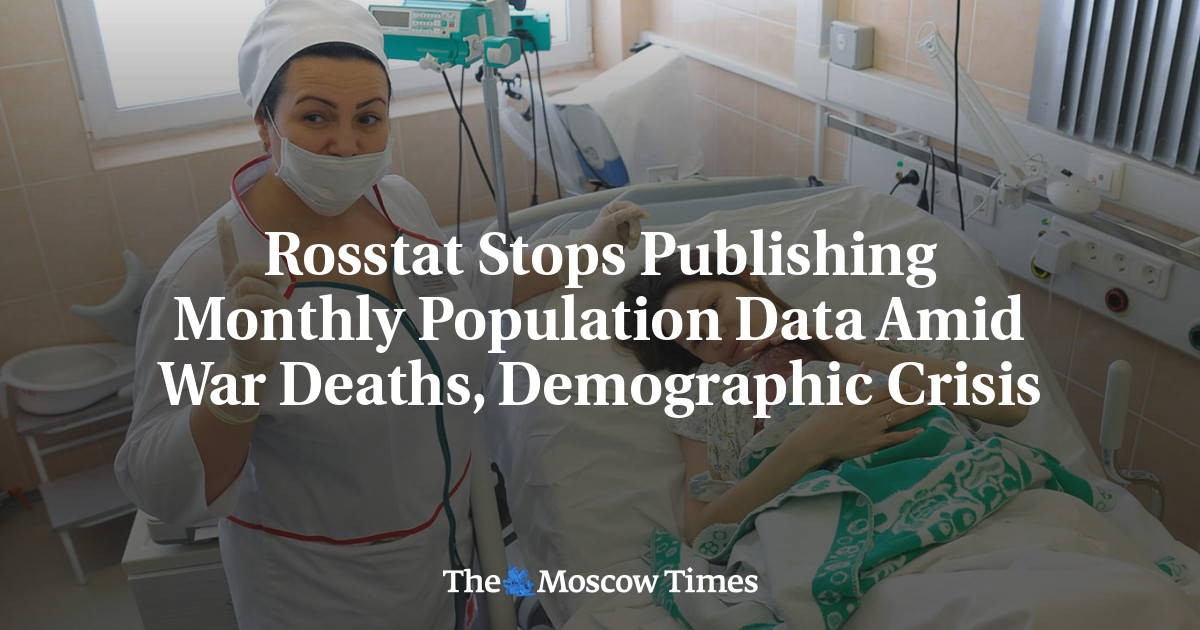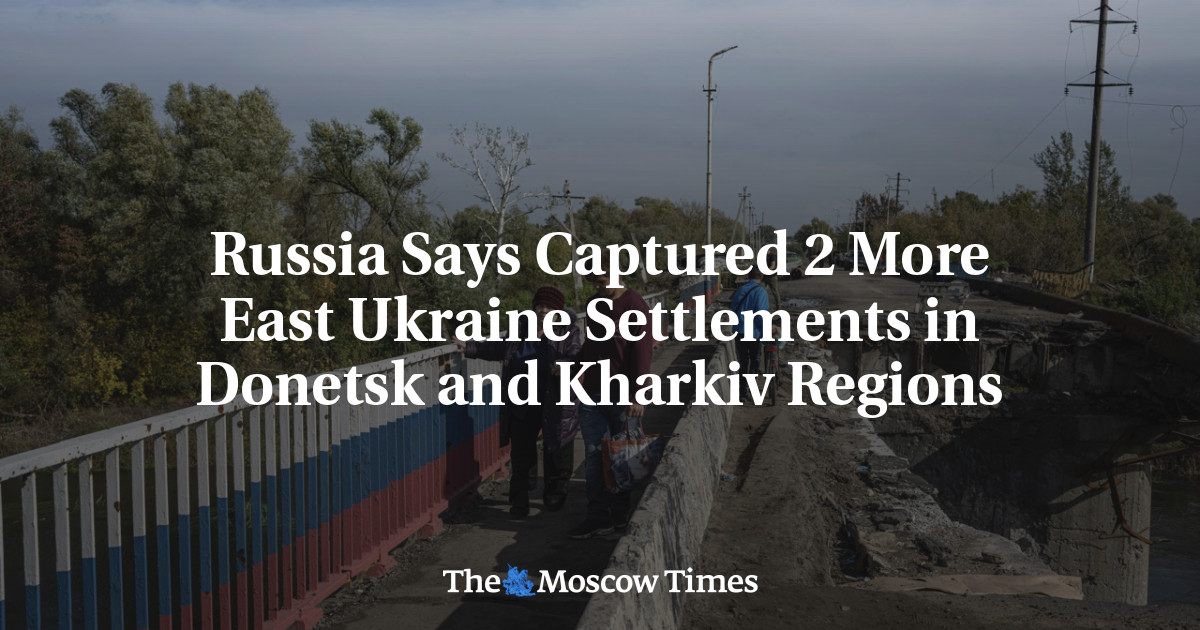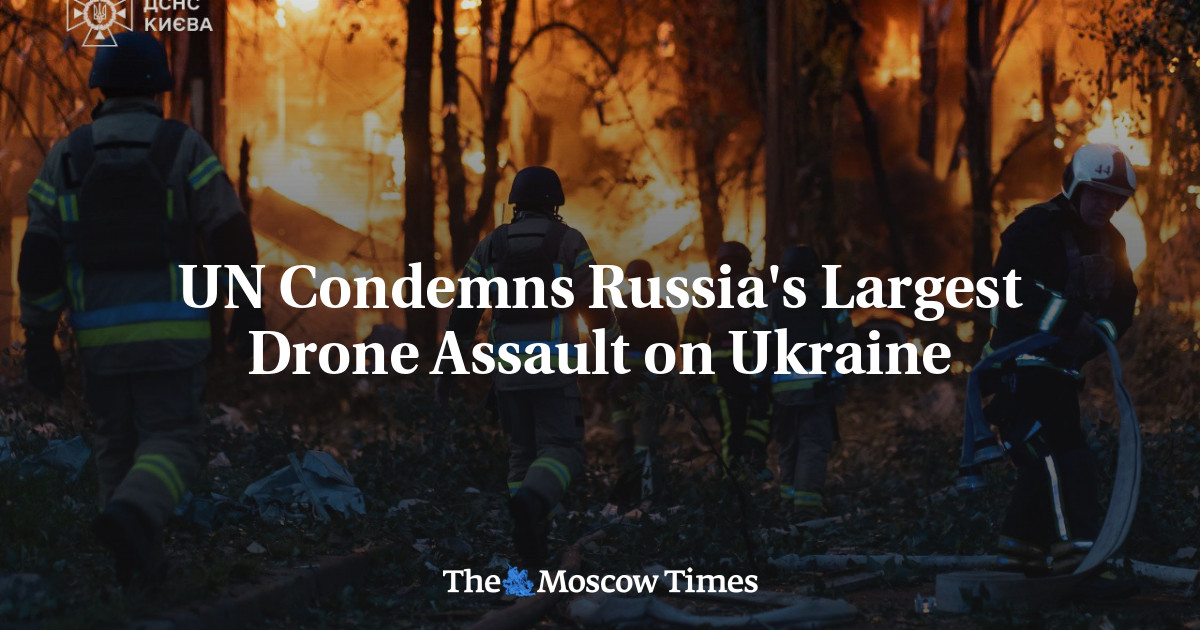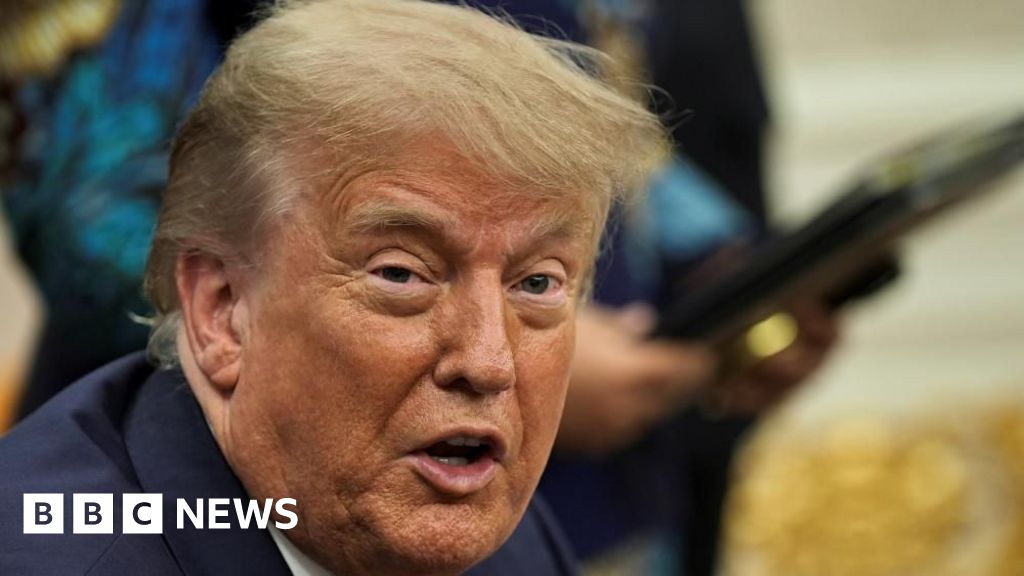Authorities in the Far East Kamchatka Peninsula introduced mobile internet restrictions on Monday in an effort to prevent alleged Ukrainian sabotage.
“We’re well aware that the Kyiv regime has embarked on a full-scale war of sabotage against Russia,” Kamchatka region Governor Vladimir Solodov was quoted as saying by the state-run news agency TASS.
“In this regard, coordination protocols have been worked out, including restrictions on navigation in Avacha Bay, as well as on the use of the internet and geolocation services,” he added.
Solodov did not say whether Ukraine had launched drone attacks against the region, located over 7,000 kilometers (4,300 miles) from the front lines in Ukraine, nor did he name any other specific threats to civilians.
Authorities in other regions have said that shutting down mobile internet helps prevent Ukrainian drones from being guided or receiving targeting coordinates via civilian networks.
A growing trend of regular internet outages across Russian regions began in early May as authorities ramped up security ahead of Victory Day, Russia’s May 9 holiday commemorating the Soviet defeat of Nazi Germany in World War II.
The Kremlin has said the restrictions are driven by “security concerns” following a series of Ukrainian drone strikes on Russian territory.
In June alone, the number of mobile internet outages across Russian regions surged tenfold to a record 654, according to Na Svyazi, an NGO that monitors the situation.
On Sunday, at least 69 regions reported outages, following a record 74 regions, including Kamchatka, last Thursday, Na Svyazi said.
The shutdowns are beginning to have an impact on daily life, with stores unable to process card payments, ATMs going offline and taxi services reverting to phone-based dispatch rather than through online applications.
Last month, Russia’s military held naval drills off the coast of Kamchatka, restricting access to Avacha Bay, a major area for sightseeing cruises.
A Message from The Moscow Times:
Dear readers,
We are facing unprecedented challenges. Russia's Prosecutor General's Office has designated The Moscow Times as an "undesirable" organization, criminalizing our work and putting our staff at risk of prosecution. This follows our earlier unjust labeling as a "foreign agent."
These actions are direct attempts to silence independent journalism in Russia. The authorities claim our work "discredits the decisions of the Russian leadership." We see things differently: we strive to provide accurate, unbiased reporting on Russia.
We, the journalists of The Moscow Times, refuse to be silenced. But to continue our work, we need your help.
Your support, no matter how small, makes a world of difference. If you can, please support us monthly starting from just $2. It's quick to set up, and every contribution makes a significant impact.
By supporting The Moscow Times, you're defending open, independent journalism in the face of repression. Thank you for standing with us.
Continue
![]()
Not ready to support today?
Remind me later.
 (1).png)
 6 hours ago
2
6 hours ago
2

